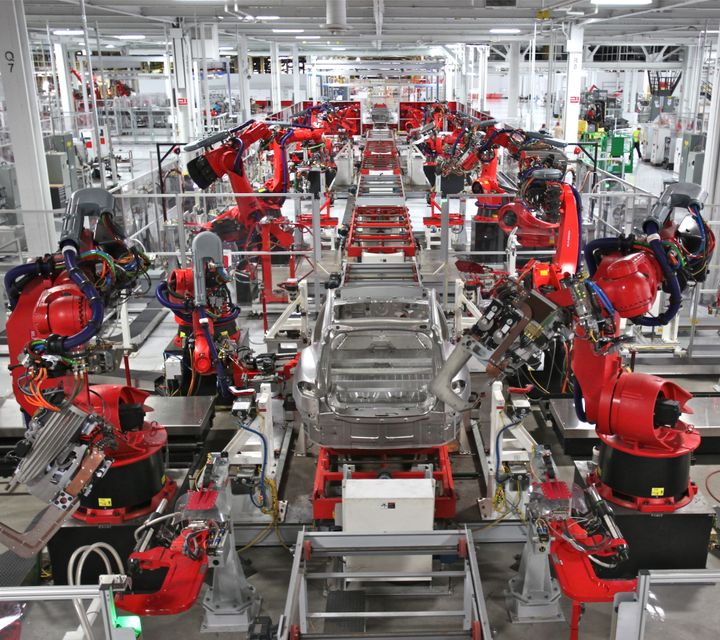India's Electric Vehicle Industry Sparks Promising Job Opportunities
In a country with lots of potential and untapped market, the emergence of the EV industry in India brings forth promising opportunities for job creation. Ambitious government targets and increasing consumer interest are driving the growth of this sector. As more and more individuals become aware of the benefits of EVs in terms of sustainability, cost-effectiveness, and reduced carbon emissions, the demand for skilled professionals in various areas of the EV industry is expected to rise significantly. This presents an excellent chance for job seekers to tap into an expanding industry and contribute to the country's transition towards a greener and more sustainable transportation system.
Although the EV industry in India is still in its early stages, it has demonstrated significant growth potential. Currently accounting for less than 1% of total vehicle sales, EVs are projected to capture over 5% of the market in the future. The market has already witnessed a remarkable surge in EV sales, with a staggering increase of 210% in 2022, crossing the milestone of one million units sold for the first time. This growth is primarily driven by the affordability and popularity of two-wheelers and three-wheelers, which constitute a significant portion of overall EV sales. As the market continues to mature, the potential for job creation becomes even more promising.
The Indian government has set ambitious targets to achieve 30% e-mobility by 2030. The goal, combined with various incentives, subsidies, and policies, creates a favourable environment for the growth of the EV industry. One such example is Punjab government's Rs 300 crore incentives in the next three years to promote the adoption of electric vehicles (EVs) and reduce pollution. These incentives will be provided on electric two-wheelers, e-cycles, e-rickshaws, e-autos and electric light commercial vehicles. Incentive programs like these will promote commercial EV transport, thereby stimulating job opportunities across the value chain. Bengaluru itself consists of 28% of 0.4 million EV jobs between 2020 and 2022. This number will keep on growing as the city is expected to be both a manufacturing and innovation hub in this sector.
Recognizing the need for a specialised workforce to support its electric mobility mission, the Ministry of Skill Development and Entrepreneurship in India is developing a comprehensive program to provide the necessary manpower for the electric mobility industry. This strategy involves creating a skilled and trained workforce with expertise in areas such as design and testing, battery manufacturing and management, sales, services, and infrastructure of electric vehicles. Through collaboration with stakeholder ministries and related-sector skill councils, the Ministry aims to administer and supervise the creation of this specialised workforce in a systematic and time-bound manner. By bringing all initiatives under one common platform, the government intends to achieve the desired results effectively.According to Arindam Lahiri, CEO of the Automotive Skills Development Council, the process of making EV-specific occupational standards has been initiated in partnership with the Pune-based Automotive Research Association of India.
To further promote collaboration and foster job creation in the EV industry, the India eMobility Show serves as a catalyst. This exhibition brings together key stakeholders, including OEMs, technology providers, policymakers, investors, and aspiring professionals. The show provides a platform for knowledge sharing, showcasing innovations, and facilitating business partnerships. By connecting industry players and facilitating dialogue, the India eMobility Show acts as a catalyst for the exchange of ideas, driving innovation, and creating employment opportunities across the EV value chain.
The emergence of the EV industry in India presents a promising opportunity for job creation. Despite the initial lack of awareness among the general masses, increasing government support, ambitious targets, and growing consumer interest are propelling the growth of this sector. By actively promoting awareness and education about EV’s, the industry can overcome the knowledge gap and tap into the untapped potential of millions of job opportunities. With the right training and skills, individuals can contribute to the country's transition towards a greener and more sustainable transportation system while also benefiting from the numerous job prospects in the expanding EV industry.




 Industry Inscript is a subsidiary of Valiant and Company Ltd.
Industry Inscript is a subsidiary of Valiant and Company Ltd.
Comments ()